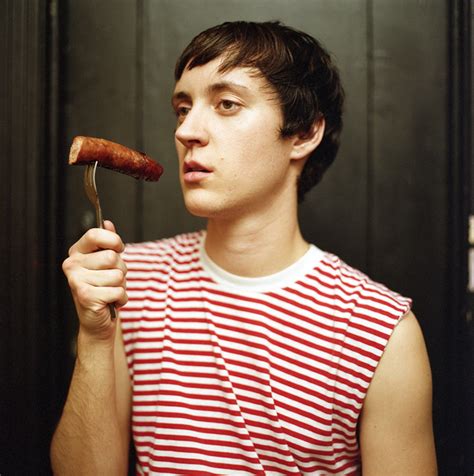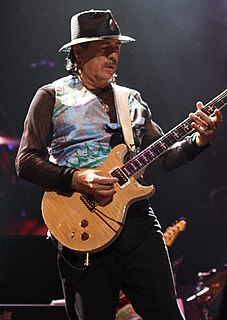A Quote by Rhys Ernst
It's a little simplistic to say trans men are privileged because they're men. I was socialized female and I transitioned at 25, so I experienced a hell of a lot of gender discrimination in a lot of directions growing up.
Related Quotes
I think it's really important to champion stories from trans women and trans women of color. That demographic has gone unheard and unsupported for so long, and it's really the community that's struck the hardest by a lot of issues. I try to do a lot of work to champion trans feminine issues and stories, but that said, I do have a personal and deep investment in seeing trans masculine stories reflected in culture. It is a little disappointing to me that trans men and trans masculine people have not really been part of this media movement that we're experiencing right now.
Trans kids are living in the future in a way. When I was growing up, "transgender" wasn't even a word. It wasn't used. Just the naming of something that's invisible, or was thought of as shameful or different - giving it a name that's not a slur is powerful. It's still a little hard to imagine what it might look like growing older as a trans man, but I think that's going to change for the next generation. For trans kids growing up, that visual bridge towards their future selves is starting to develop in conjunction with this trans media wave we're in.
We have a lot more work to do in our common struggle against bigotry and discrimination. I say "common struggle" because I believe very strongly that all forms of bigotry and discrimination are equally wrong and should be opposed by right-thinking Americans everywhere. Freedom from discrimination based on sexual orientation is surely a fundamental human right in any great democracy, as much as freedom from racial, religious, gender, or ethnic discrimination.
People who would not be using the word gender or thinking about gayness or trans-ness may actually, without even thinking about it, be not their own gender in their inner world. I think that's actually so normal, because female sexuality is sold to all of us. It doesn't just reach the eyes of men. You might not care about the idea of boobs or jugs or whatever, but it could impact your inner sexual life.
My dad's a beautiful man, but like a lot of Mexican men, or men in general, a lot of men have a problem with the balance of masculinity and femininity - intuition and compassion and tenderness - and get overboard with the macho thing. It took him a while to become more, I would say, conscious, evolved.
I would say that it's very difficult to personally construct your gender. I think a lot of it is socially constructed. If you look at The New York Times' coverage of trans children, some of them were as young as four years old. One said, "I see my daddy in the woodshed, and that's where I'd rather be than in the kitchen." That to me doesn't ring as somebody who is trans, it rings as someone who has grown up with a narrow view.
It's true that in a lot of western feminist movements, you see women working singularly from men. Suffragettes and the women's rights movement in the 60s here, but when I think of the Islamic feminist movement, I think of a lot of men who are very much standing with the women. It really feels like in equal numbers. Women are catching up in the field because we were not given access to knowledge and encouraged into these studies and so these men are helping us and empowering us. They are men of conscience who are fed up with this assumption that they're entitled.
As an artist, I never wanted to be fettered by gender nor recognized or defined as a female poet, musician or singer. They don't do that with men - nobody says Picasso, the male artist. Curators call me up and say, "We want your work to be in a show about women artists," and I'm like, why? For Christ's sake, do we have to attach a gender onto everything?































